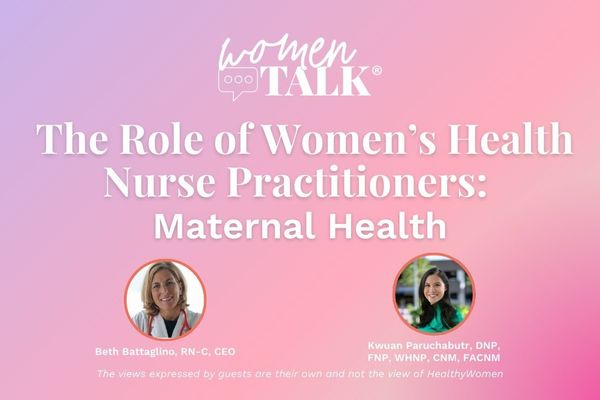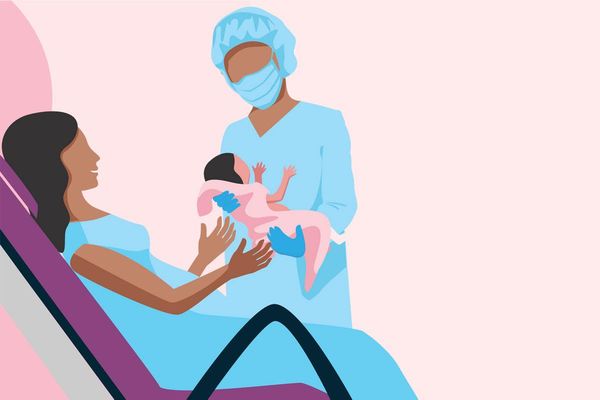When you find out you're pregnant, it's important to choose an expert who will help you through all three trimesters of gestation and the birthing process. There are several options for expecting mothers, including obstetricians, midwives, perinatologists or some combination thereof.
Here is some information to help you decide who will be there for you along your journey.
- Obstetrician. Also known as obstetricians/gynecologists, OB/GYNs are a common choice of care provider. They are trained in medical schools and four-year residencies and must be certified by the American Board of Obstetrics and Gynecology before they can legally practice. An obstetrician is a sort of all-purpose pregnancy expert, who is qualified to counsel you through your pregnancy, administer ultrasounds, test you for potential delivery risks, deliver your baby and perform a Cesarean section, if needed. It is important to meet your obstetrician in person. You want to be comfortable with the qualifications and bedside manner of the person who will likely help you through delivery. Before interviewing a potential OB/GYN, write down questions so you won't forget them, such as: Does this doctor practice at the hospital or facility where you'd like to give birth? Does the practice accept your insurance plan? How many Cesarean sections has the doctor performed? If you're interested in a water birth or a natural birth or have other specific preferences, is the obstetrician comfortable with your choices? Write down or record the answers.
- Midwife. Some women prefer the personalized care of a midwife. About 60 percent to 80 percent of pregnancies are low-risk, meaning they are unlikely to develop complications before or during birth. If an OB/GYN deems your pregnancy low-risk, it may be safe to employ a midwife. If complications arise, a midwife may not provide the immediate medical intervention that a hospital can, though some midwives practice in a hospital setting, either as a registered nurse or in conjunction with an obstetrician. Some midwives have their own private practices and may or may not be certified. While every woman's choice and comfort level is different, it is advisable to choose a certified nurse-midwife or a certified professional midwife. Ask potential midwives if they are certified by the American College of Nurse Midwives or the North American Registry of Midwives. Midwives who are not certified are known as lay midwives.
- Perinatologist. This is a medical specialist who specializes in high-risk births. Perinatologists usually work in a hospital, often in a surgical setting. If your pregnancy carries a high risk of complications, you may be referred to a perinatologist.







